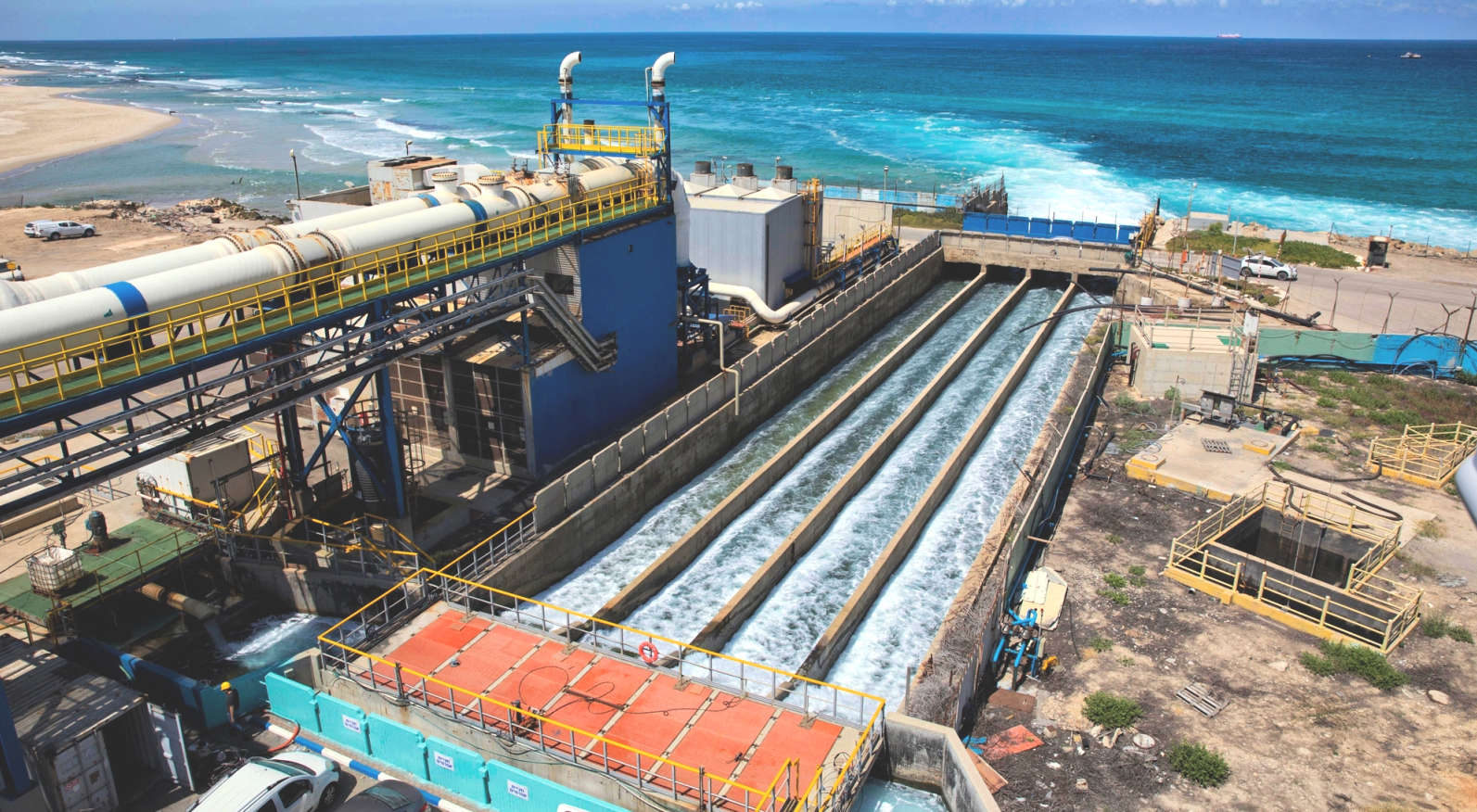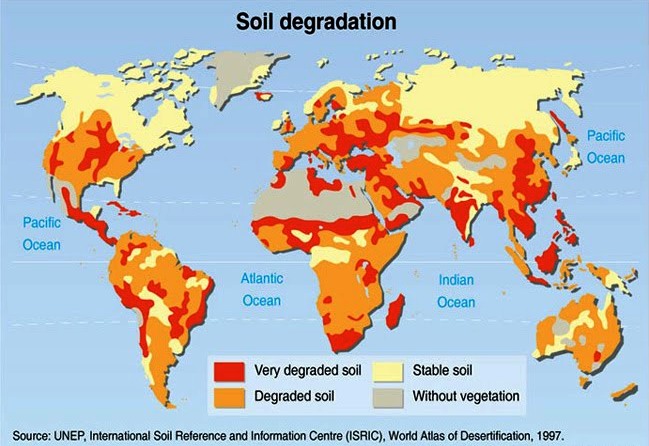|
SUB-SAHARAN AFRICA
Please use our A-Z INDEX to navigate this site |
GEOGRAPHICAL GENOCIDE - “Climate change is having a growing impact on the African continent, hitting the most vulnerable hardest, and contributing to food insecurity, population displacement and stress on water resources. In recent months we have seen devastating floods, an invasion of desert locusts and now face the looming spectre of drought because of a La Niña event. The human and economic toll has been aggravated by the COVID-19 pandemic,” said WMO Secretary-General Petteri Taalas.
The Universal Declaration of human rights 1948, recognizes the right of persons to seek asylum from persecution in other countries, the
United Nations Convention relating to the Status of Refugees, adopted in 1951, is the
centerpiece of international refugee protection today.
Desertification is such a serious problem that the United Nations has a Convention to Combat the problem. They also hold annual conferences involving something like 197 parties, known as COPs. But so far they have been FLOPS, unable to halt the loss of agricultural land, with talk and little action. As Greta Thunberg says: blah, blah, blah.
The problem is fossil fuels and deforestation, coupled with professional climate deniers, known as climate nazis or criminals, who lobby to keep burning coal, gas and oil, instead of providing the infrastructure for electric vehicles, battery and hydrogen - also catering for fossil fuels during phase in - requiring some 600,000 service stations world wide. A mammoth task that none of the G20 seem to appreciate, and will not tackle until they can award contracts to their cronies. Because, politics is all about profits.
Clearly, the loss of potential agricultural land to barren wastes puts additional pressure on ocean fisheries in the harvesting of wild fish and aquaculture for farmed fish, to make up for the loss of food production leading to security issues that is sure to involve millions starving and dying from malnutrition as world populations increase from 7 billion to 9 billion souls.
By
2025 the UN says two-thirds of the world will be living under “water-stressed” conditions – when demand outstrips supply during certain periods – with 1.8 billion people experience absolute water scarcity, where a region’s natural water resources are inadequate to supply the demand. Migration is likely to increase as a result of desertification, with the UN estimating that, by 2045, it will be responsible for the displacement of some 135 million people.
WATER
SECURITY - A study published by United Nations’ water researchers says there has been an “exponential increase” in global desalination capacity compared to 20 years ago — and a concomitant increase in the flow of polluted, hyper-salty brine water into the ocean.
..
FOOD AID - Desertification gives rise to mass human migration as climate change refugees who will need feeding as a result of the excesses of the developed world.
THE FIVE WORLD REGIONS
Five world regions – Africa, Asia, Latin America and the Caribbean (LAC), Northern Mediterranean, Central and Eastern Europe - have the important job of deciding how to implement the United Nations Convention to Combat Desertification.
...
LINKS & REFERENCE
https://unfccc.int/news/climate-change-is-an-increasing-threat-to-africa https://sustainabledevelopment.un.org/ https://www.unccd.int/ https://www.unccd.int/convention/about-convention https://www.un.org/
Please use our A-Z INDEX to navigate this site
|
|
This website is provided on a free basis as a public information service. copyright © Climate Change Trust 2021. Solar Studios, BN271RF, United Kingdom.
|



